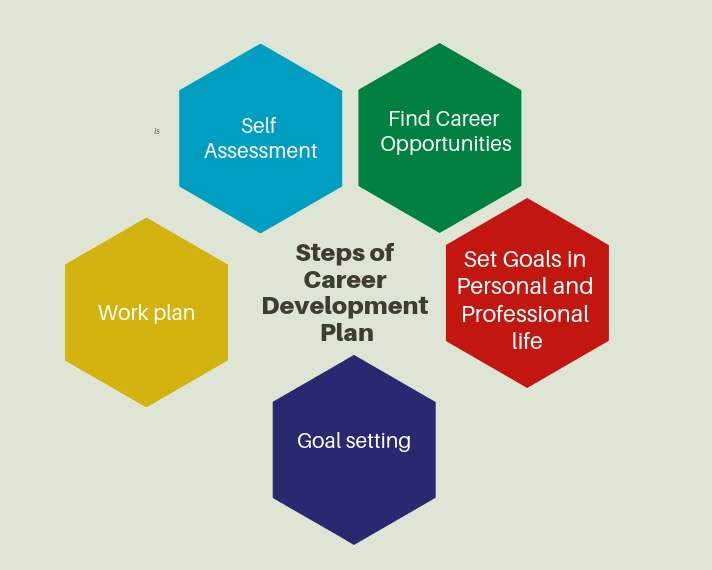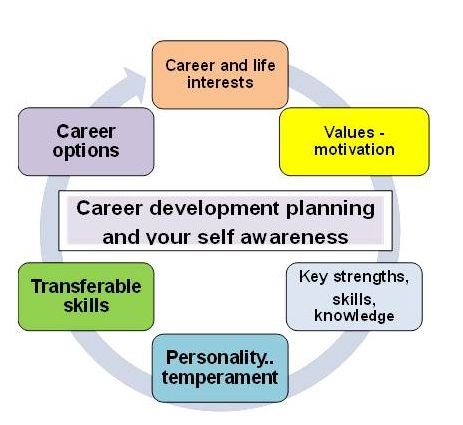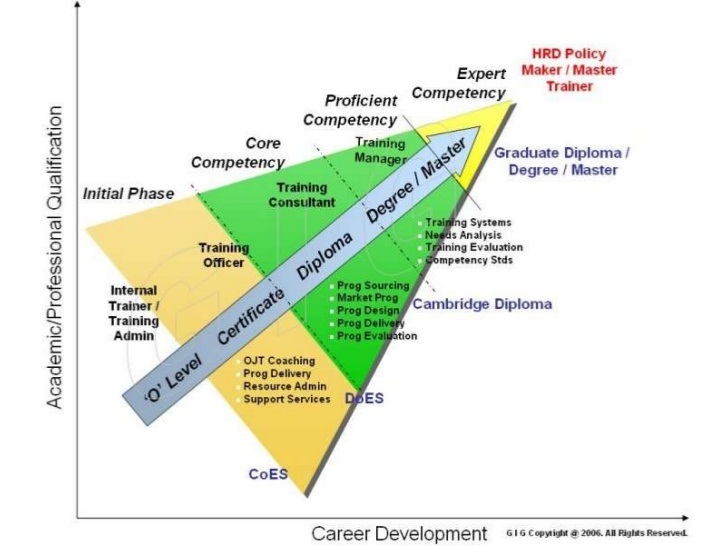
In today's competitive environment, it is becoming challenging to maintain the best talent in the organization for a lifetime career. Organizational reorganizations and mergers have allowed employees to change and achieve their career goals.
Variable career
Nowadays, organizations have abandoned their role as a one-stop solution provider for their employees. They have evolved into businesses that provide opportunities for learning for their employees, making them more valuable.

These careers were called changing because candidates now keep changing their jobs from time to time due to personal needs. Major features of these variable careers are portable skills, multicultural work experience, learning at work, and continuous networking. Variable careers consider reciprocal learning and organizational structure changes as major career factors.
Generally, people gradually move towards a more personalized approach when referring to career building. This requires subjective nouns such as designation, salary, and longevity. These factors have entered business life and require better work-life balance in the employees' lives. They now want to balance their professional life and fulfill their personal needs. They have now understood the value of spending time with their family.

Dynamic career:
Employees' careers are changing due to many personal and environmental standards. Different behaviors and career goals are the main reasons for a career change. For example, a highly creative person would always want to develop his skills and be more interested in seeing cross-functional career options.
Similarly, those motivated by power and achievement will look forward to achieving hierarchy progress. Until recently, hierarchy was a significant model of career development. But now, changes in the external environment of the business have also affected the structure of the internal activities of the organizations.
This is why people are not paying attention to changes in linear careers, observed in a stable and highly structured work environment, but to a more organic and adaptive spiral career pattern.

What do the industry experts say?
Industry experts like Alred, Snay, and Miles have long observed and linked the engagement between personal growth and career changes. They say organizations have adopted a more network-oriented approach than earlier Sylhet-like work practices.
This results from making a solid relationship with any work and meeting the intense pressure of global trading competition.
These scholars firmly say that for a person to succeed in his career, the skills needed depend on the organization's structure. If the organizational structure increases the entry of new markets, it will successfully learn new things.
Occasional career:
Organizations hope their employees are equipped with all the necessary technical skills to compete with everyone else. But at the same time, the changes in today's workforce allow employees to be satisfied. Employees with strong interpersonal skills and collaborative tendencies can quickly adapt to any interdepartmental style.

When there are adequate technical skills in a functionally organized organization, those who have to be successful in tomorrow's cellular companies should also be capable of professional associate and self-governance skills. Career planners are friendly to the new business model in organizations, so they can learn from different platforms and improve their overall careers.
While working for organizational development, personal development is not different from the other. They are entirely persistent and can be run together. First, if an organization's employees used to learn new things, then their employers felt uncomfortable thinking that they could leave the job.
However, in today's business scenario, companies want their employees to work on new skills and be prepared to face any sudden change. It has changed the way people manage their careers nowadays.
Earlier, he was happy to try to develop his abilities in a particular skill field. Still, he has started working in another broad peripheral development framework, which includes skills that complement his primary skills.
Career Options Career Development




